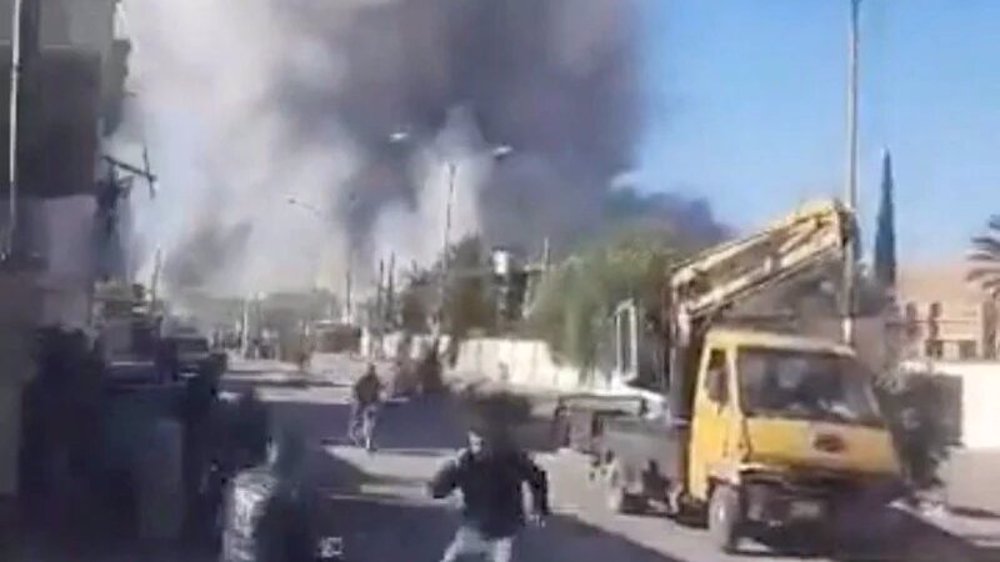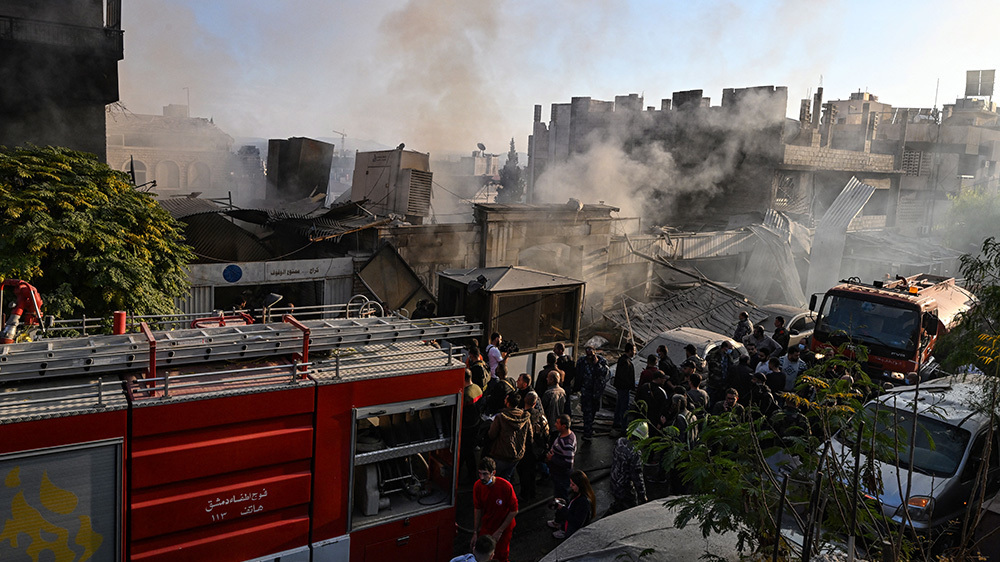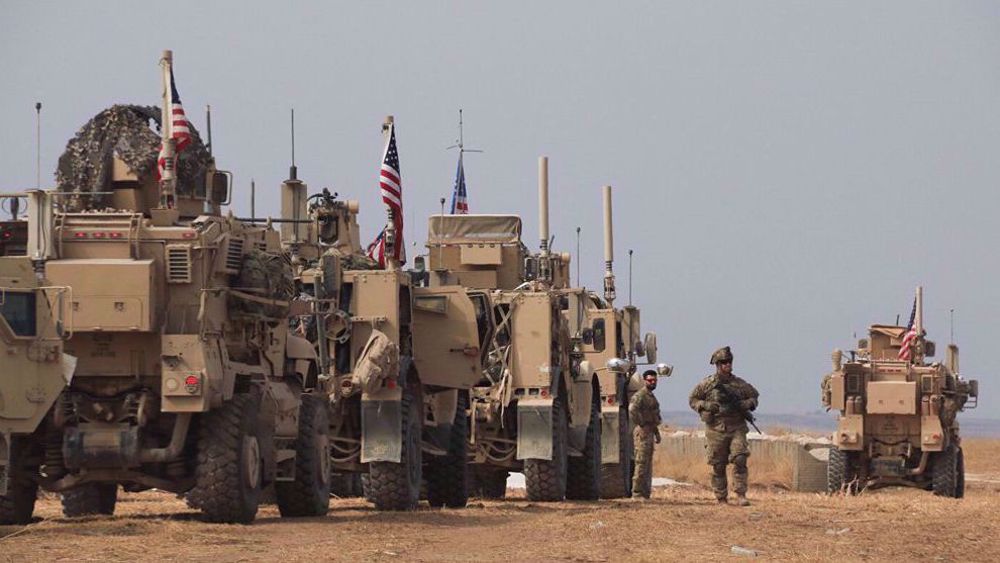Path to rule of law begins as Syria constitutional committee meets: Zarif
Iran's foreign minister has hailed the first meeting of Syria's constitutional committee in Geneva, describing it as the beginning of a "path to the rule of law" in the Arab country following over eight years of war.
"Returned from Geneva where I met with Russian & Turkish FMs, & UN's Geir O. Pedersen, on eve of inauguration of Syria Constitutional Committee," Zarif tweeted on Wednesday after returning to Tehran following multilateral talks with his Russian and Turkish counterparts and the UN envoy for Syria in Geneva.
"After years of devastating war, path to rule of law begins— thanks to Astana process. Difficult road ahead, but no other alternative," he added.
Returned from Geneva where I met with Russian & Turkish FMs, & UN's #GeirOPederson, on eve of inauguration of Syria Constitutional Committee.
— Javad Zarif (@JZarif) October 30, 2019
After years of devastating war, path to rule of law begins— thanks to #Astana process.
Difficult road ahead, but no other alternative. pic.twitter.com/rdOnfXMY0A
His comments came a few hours after the opposing sides joined the UN's Pedersen for face to face talks in an attempt to resolve the ongoing crisis in the war-torn Arab country.
A total of 150 delegates representing the government, opposition and civil society on Wednesday met at a constitutional committee meeting held inside the Council Chamber of the United Nations office in Geneva, Switzerland.
The members of the constitutional committee, which took almost two years of consultations to be formed, are tasked with reforming the Arab country's constitution before it is put to the vote of the Syrian people.
The UN hopes this will be a chance to begin formulating tangible agreements between the rival side, but Russia and Iran have warned this is just the beginning of a long and difficult process.
In a joint communiqué released at the end of a separate meeting with Pedersen on Tuesday, Iran, Russia and Turkey stressed that Syria’s long-awaited constitutional committee must work independently and far from any foreign interference in order to draw maximum support from all walks of the Syrian nation.
Addressing the Wednesday meeting with Syrian groups, Pedersen acknowledged the enormously difficult task ahead. "I know it is not easy for all of you to be here together in this room."
"But the fact you are here, face to face, is a powerful sign of hope for all Syrians, everywhere," he added.
The UN envoy said reforming the country's constitution is the first step toward the beginning of a political process that will lead to UN-supervised elections under UN Resolution 2254.
However, he said, the process will have to be Syrian-led and Syrian-owned. "Do not expect me or my team to tell you what to write in your constitution. The future constitution belongs to Syrians, to the Syrian people and them alone."
“Today could become the beginning of something new, something meaningful for Syria and for Syrians everywhere. Together, we can make this come through. Tomorrow, the hard work begins.” @UNEnvoySyria opens the inaugural session of the Constitutional Committee for #Syria. pic.twitter.com/RKtFRqtJpu
— UN Geneva (@UNGeneva) October 30, 2019
The formation of Syria’s constitutional committee and its inception in Geneva on October 30 was the culmination of over two years of efforts by the three guarantor states of the Syria peace process - Iran, Russia, and Turkey - who initiated the Astana Process in January 2017 on the back of a Syria-wide ceasefire between the government and armed groups.
VIDEO | Internal rifts within Israel
Russia launches 'ICBM' for first time against Ukraine: Kiev
Scores killed as Takfiri terrorists target Shia Muslims in Pakistan
Pezeshkian to US, Europeans: You are killing women, children
VIDEO | COP29: another climate failure?
ICC issues arrest warrants for Netanyahu, Gallant for war crimes
Israeli strikes kill 88 Palestinians in northern Gaza
American voters plainly rejected complicity in Gaza genocide: Iran FM spox












 This makes it easy to access the Press TV website
This makes it easy to access the Press TV website